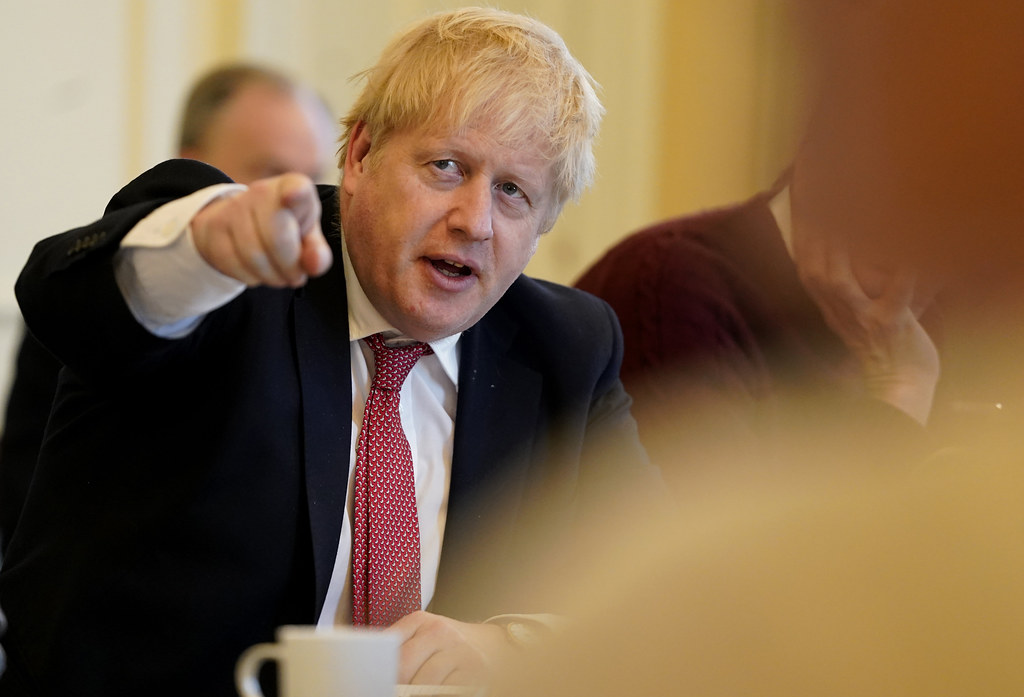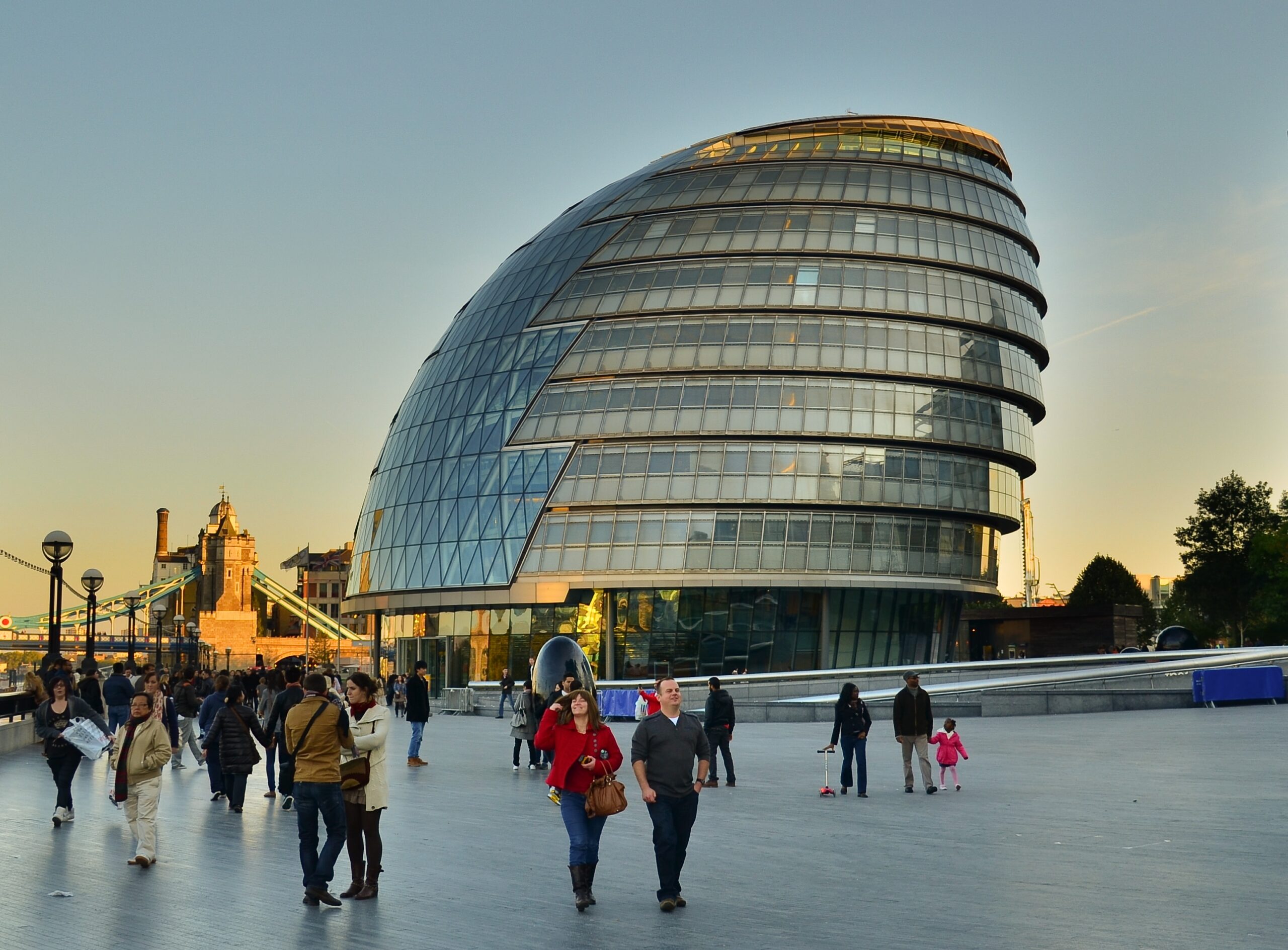10 February 2022 | ANALYSIS
The fallout from PartyGate and the subsequent meeting between Prime Minister Boris Johnson and the 1922 Committee resulted in reports of a planned reshuffle earlier this week, which would have been the third since Mr Johnson arrived at Number 10. Some changes did take place on Tuesday, though they were generally limited to the Whips’ Office and Cabinet Office, with some moves to fill vacated roles from those changes. Here, Wolves of Westminster looks at the full changes in this mini-reshuffle.

It was a move last week that set the scene for further changes, which was Steve Barclay’s move to become Downing Street Chief of Staff. The exact job description varies from Prime Minister to Prime Minister, but it has always involved being at the centre of government operations, forming and implementing policy and advising the Prime Minister. Barclay will be the first MP to hold the role, though in the past, two Chief of Staffs, David Wolfson and Stephen Carter, who held the brief under Margaret Thatcher and Gordon Brown, have been elevated to the House of Lords after their brief was up.
In the case of Mr Carter, who had a nine-month spell as Acting Chief of Staff, this allowed him to become Communications, Technology and Broadcasting Minister. A third chief of staff, Gavin Barwell, was appointed by Theresa May after losing his Parliamentary seat and elevated to the Lords shortly after being replaced, following Mr Johnson’s arrival. The appointment has proved controversial, with some questioning whether a legislator could hold the role or whether Mr Barclay could perform the role alongside being Chancellor of the Duchy of Lancaster and a Cabinet Office Minister.
Mr Barclay remains in the former post, but Paymaster General Michael Ellis has been given the Cabinet Office brief. The next significant change came in the move of Jacob Rees-Mogg from Leader of the House of Commons to the Brexit Opportunites and Government Efficiency role. This role will be a formal Cabinet position, as opposed to Mr Rees-Mogg’s previous appointment, which merely allowed him to attend Cabinet. The Efficiency brief was previously held by Lord Agnew, who resigned last month citing frustration over the Government’s response to fraud in coronavirus business loans.
Former Chief Whip Mark Spencer will be the new Leader of the House of Commons. Mr Spencer reportedly came under pressure from Tory MPs over the handling of Andrea Leadsom’s wrecking amendment during the Owen Paterson lobbying scandal. He also courted controversy in recent weeks after he confirmed he was subject of allegations that former minister Nus Ghani was reshuffled out of government due to her “Muslimness” being an issue for colleagues.
Mr Spencer will now move into a far more publicly-visible role, which has received criticism given the allegations. Chris Heaton-Harris will now be the Government Chief Whip, with Brexiteer James Cleverly replacing him as Europe Minister. At the time of writing, Mr Cleverly’s former role as Middle East, North Africa and North America Minister remains unfilled. Christopher Pincher will be Deputy Chief Whip, a role he previously held between January 2018 and July 2019, swapping with Stuart Andrew, who is now a Housing Minister.

Heather Wheeler is now Parliamentary Secretary to the Cabinet Office, a role which has been effectively vacant since Hornchurch MP Julia Lopez was moved to Media, Data and Digital Infrastructure Minister in last September’s reshuffle. The role is understood to involve supporting Mr Barclay as Chancellor of the Duchy of Lancaster and delivering cross-government efficiency.
A final change came with Wendy Norton, who was previously a Junior Minister in the Department of Transport, holding an Under-Secretary of State role. Ms Norton is now a Minister of State.
The Prime Minister’s Office, which Mr Johnson has vowed to change in light of the Sue Gray report, is still without a Principal Private Secretary and Director of Legislative Affairs at the time of writing. The last time the former position was held by a non-career civil servant was in 1921 and 1922, when Sir Edward Grigg held the role under David Lloyd George. Sir Edward would later become the Liberal MP for Oldham and Governor of Kenya. He later became a Conservative MP for Altrincham and held ministerial posts in the Second World War, before becoming a peer after losing his seat in the 1945 Labour landslide. The latter role has been vacant since Nikki Da Costa’s resignation in June last year.
Though Mr Johnson has faced a tough few weeks, so far only one MP, Foreign Affairs Select Committee Chair Tom Tugenhadt has publicly expressed interest in running in a leadership race. It remains to be seen whether the Prime Minister’s reorganisation and restructuring of the Government will allow him to rebuild confidence among both the Conservative benches and the wider public.

























